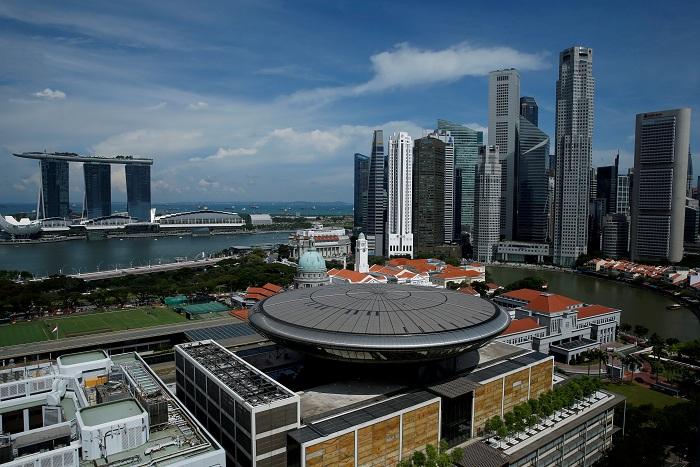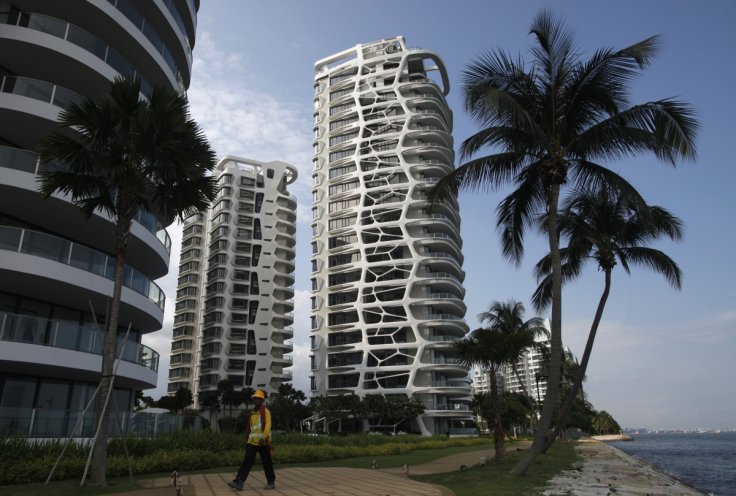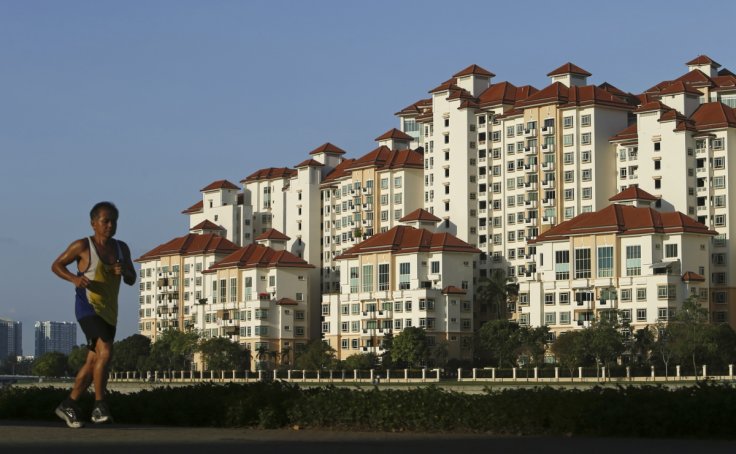Singapore is imposing a 35 percent additional tax on some of the home purchases made by the super rich, the island nation's Ministry of Finance has said. The new tax will be levied in the form of buyer's stamp duty and will be charged when super wealthy people transfers homes to trusts with no identifiable beneficial owner, the ministry said.
The new taxation policy comes into effect as early as this week. The move, which analysts say directly targets the super rich, comes close on the heels of a similar tax imposed on some incomes, property and luxury cars.

'Targets Wealthy'
"The new rule is targeted at the wealthy," Nicholas Mak, head of research at ERA, told Bloomberg News. Analysts believe the authorities moved ahead with the taxation policy to address concerns of rising income inequality in the prosperous city state.
The latest move also aims to plug regulatory holes that allowed the super wealthy to buy multiple homes using trusts that do not transparently show who the real beneficiaries are.
It is not clear if the government's move will have a knockdown effect on the world's prized property haven status of the island nation, where the super wealthy class has been driving a high-end property boom over the years. According to Knight Frank Singapore, sales of high-end mansions in the country registered a three-fold rise in 2021 alone.

Some analysts believe the move could affect the investor sentiment. "As more of the high net worth individuals come to Singapore, they'll come up with opaque structures to buy residential homes to avoid the additional stamp duties," ERA analyst Nicholas Mak added.
Promoting Clarity and Transparency
To promote clarity and transparency in the investment, the government has assured that the home buyers can seek a refund of the additional taxes if the identities of the beneficial owners are revealed.

The Ministry of Finance adds that the new tax is only aiming at ensuring a stable and sustainable residential property market. The new rules have been announced following the government's periodic policy review following concerns that some investors have been using complex multi-layer ownership structures to hide the true ownership of luxury properties.
Hence, some analysts believe the new tax will only have limited impact on the property market. "The impact of the new rules will be minimal on the overall residential market," Wong Xian Yang, head of research at Cushman & Wakefield, told Bloomberg.








